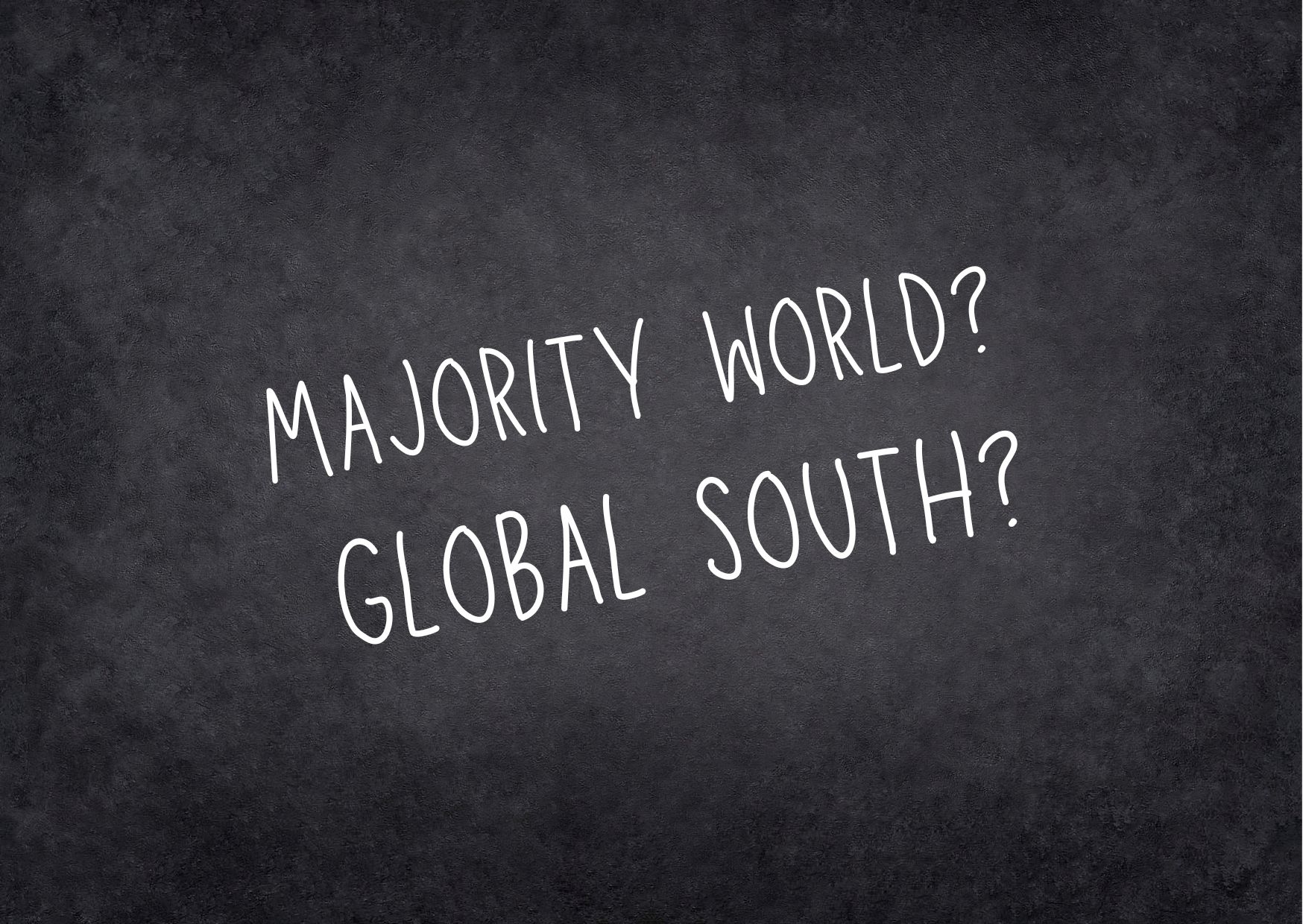In last month’s News Digest, we posed a question:
Recently I was introduced to the term, Majority World. The term refers to parts of the world traditionally considered “developing,” and highlights the fact that these countries comprise the majority of the global population. The Land Portal team had a lively discussion about whether we need to adopt this expression and phase out “Global South,” the term we have been using to describe countries regarded as having a relatively low level of economic and industrial development. In the end, we wanted to hear from our users, 70% of which come from the countries referred to in these terms. Which term resonates with you, and which do you want to see the Land Portal using?
We ran the poll in English, Spanish, Portuguese, and French, and the terms were neck and neck until the very end – 58 votes for Majority World and 58 for Global South, as of May 7. We also received opinions via email and LinkedIn that reflected the parity of the poll.
Racheal Kisiangani, a land specialist from Kenya, responded, “While Majority World sounds great due to the numerical aspect, I personally go with Global South due to its inclusive recognition of historical injustices and common challenges among countries facing similar struggles for equitable land rights. It signals respect for the diverse cultures while acknowledging the resilience of communities in shaping their own futures.”
Fibian Lukalo, a gender equality and inclusion consultant at Grass Roots Women's Group Kenya, cited data to affirm her choice for Majority World:
“‘Majority World’ underscores the numerical significance of these regions, striving to redirect the narrative toward a more inclusive representation of global diversity. In contrast, ‘Global South’ emphasizes a geographic perspective, highlighting the shared experiences of countries in these regions and their historical ties to colonialism and imperialism.
Nonetheless, both terms aim to challenge prevailing narratives and foster a more comprehensive understanding of global diversity and inequality. ‘Global South’ tends to be favoured, given its established recognition within academic, policy, and advocacy circles focused on global development and inequality. However, as a gender expert and writer, I note that in the Wiley Online Library- ‘Global South’ is mentioned 831,257 times and ‘Majority World’ 3,220,288 times. Based on this data- I embrace ‘Majority World’ in my academic writings.”
Rafael Leite wrote about the inadvertent connotations of Majority World: “The intent behind the term "Majority World" to highlight the numerical dominance of people living in these countries compared to the so-called "Global North" is understood. However, I am apprehensive that this new terminology might inadvertently perpetuate a notion that could undermine the importance of minority groups. It appears to replicate the very idea that the worth or relevance of a group is tied to its size, which is a concept many of us are striving to move away from, especially those of us engaged in addressing the vulnerabilities of minority populations. … I urge for a more nuanced approach to the terminology we adopt. It is imperative that our language reflects both the global majority's strength in numbers and the intrinsic value of minority voices, ensuring that neither is diminished in the pursuit of redefining our collective identities.”
Christopher Brewster, a data scientist from the Netherlands, wrote: “I think “majority world” is much more politically provocative … so I voted for that. It will cause problems initially but little by little people will accept it in the end I believe.”
Juana Vera Delgado, a gender and environmental justice advisor from the Global Forest Coalition, wrote simply, “The term Majority World makes justice.”
Others, like Rhian French, commented that it was their first time hearing the term Majority World.
We appreciated all of the people who took the time to leave comments, write emails, and take the poll. We heard you, and based on what we heard, we won’t be making any wholesale changes right now in how we refer to countries and regions that have historically been left out of economic and industrial development. We are particularly sensitive to the idea that the term Majority World could, as Rafael wrote, “perpetuate a notion that could undermine the importance of minority groups. It appears to replicate the very idea that the worth or relevance of a group is tied to its size, which is a concept many of us are striving to move away from, especially those of us engaged in addressing the vulnerabilities of minority populations.”
We acknowledge that "Global South" is not a perfect term. But it is one understood by the general collective, and that itself has value.
This conversation with our users has been a terrific reminder that debate and dialogue is so critical to becoming better informed. Thanks for keeping us informed, and we hope we can do the same for you.



